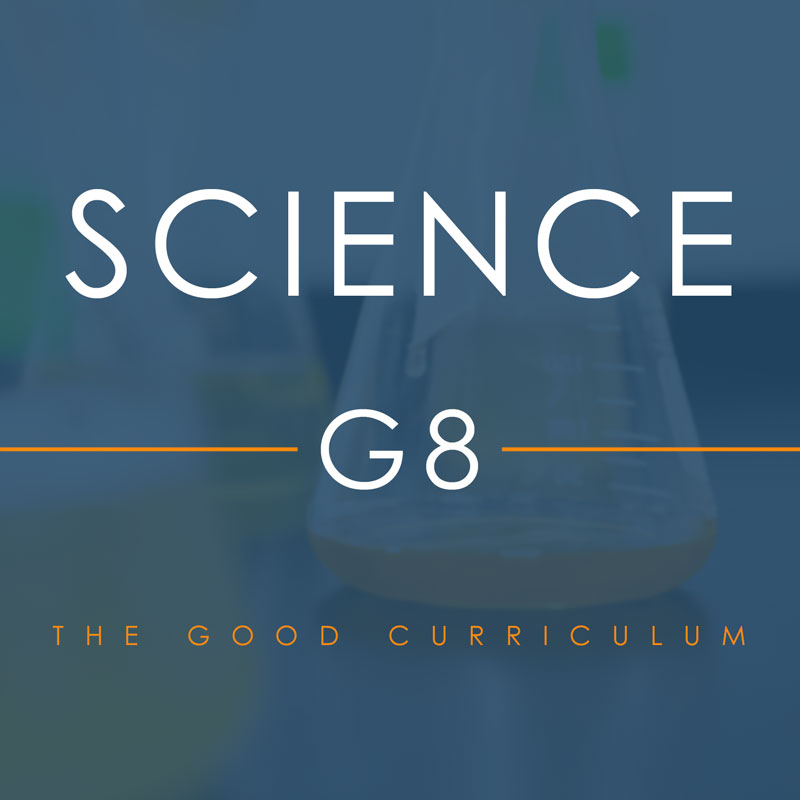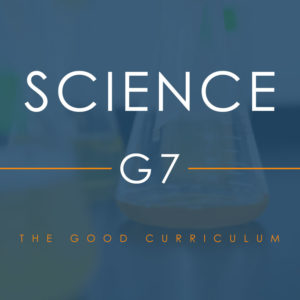Description
My core teaching beliefs, teaching method, and offer: https://www.youtube.com/watch?v=nDrEyRQlik4#action=share
Each lesson covers a new subject or skill. The course is designed to spark curiosity and initiative, in technical fields, to boost marketable skills.
Mastering YouTube: https://www.youtube.com/watch?v=edPk4Vyg5pA#action=share
Video is the future of business growth and communicating with others. YouTube is the largest video platform in the world. This course helps students build their own YouTube channel, step-by-step.
- Learn how to create a YouTube success strategy
- Learn how to film a video
- Learn how to make money on YouTube
Search and Rescue:
Learn how to survive in the wilderness if you get lost and how to find a lost person. After this section you should be able to do the following:
- Navigate without a compass and a map
- Navigate with a compass and a map
- Use the GPS Navstar system
- Make wise decisions in a crisis
- Build an outdoor survival shelter
- Start a primitive fire
- Find water
- Make yourself “findable”
You will learn how search and rescue (SAR) and the Incident Command System (ICS) work in the United States. You will focus on SAR search tactics, operations, and rescue. By the end of this section you will understand how lost people think and behave, how SAR personnel operate, and how to prepare for and behave in wilderness survival scenarios.
You will learn how to use a compass to find your bearing, how geographic coordinate systems work, and how to read a topographic map. Then you will learn expert navigation techniques like map to compass navigation, compass to map navigation, triangulation and then finally how the GPS Navstar system works.
Some lesson assignments will enable you to put your knowledge into practice; other lesson assignments will include articles and equipment reviews from experts. You will learn about outdoor survival including: mental preparation, clothing techniques, gear, ready pack, first aid kit, shelter considerations, how to improvise, how to build a fire, how to signal for help, how to make a smoke signal, and how to find water. Students will also learn how to find direction of travel and time in the wilderness without a map, compass, or watch.
I will include information about further training opportunities and resources for students interested in learning more.
Life Saving (optional section):
Learn how to safely perform water rescues. After this section, you should be able to do the following:
- Recognize the signs of a drowning victim
- Plan a rescue
- Put into action the right rescue tactic based on the scenario
- Rescue a conscious drowning victim
- Rescue an unconscious drowning victim
You will learn water rescue methods and safety techniques. You will learn how to identify drowning victims, methods of rescue depending on conditions (equipment and non-equipment scenarios), victim escape techniques, resuscitation practices, and injury management. You will learn about career opportunities.
In the first lesson I recommend purchasing a $5.00 lifesaving pamphlet for some reading assignments. This is not required, but it will enhance learning.
Astronomy:
Learn about the known universe and how to become an astronomer. After this section, you should be able to do the following:
- Explain how telescopes work
- Take astro-photographs
- Recognize major constellations
Students will learn about telescope technologies (how telescopes work), including the Hubble Space Telescope. Topics include astro-photography, history of astronomy, the solar system, planets and planetary motion, how eclipses work, the differences between meteors, asteroids, and comets; major constellations, galaxies, galactic clusters, and the known universe; black holes, space, time and cosmological studies. I will recommend and provide an overview of resources for continued learning in astronomy.
Chemistry:
Learn about atoms (basic building blocks of matter) and Atomic Theory; electron orbitals and configurations; in depth study of the Periodic Table of Elements; chemical polarity, chemical and intermolecular bonding (forces of attraction), chemical reactions and how to balance chemical equations; DNA and biochemistry; the chemical processes that enable fireworks and other processes to react will be illustrated and detailed in special lab sessions. Students will learn about chemical safety and lab equipment.
Computer:
After this section, computers and the internet will make more sense. You will be able to do the following:
- Set up a professional content management system for blogging
- Describe how computers work
- Describe how the internet works
This section covers computer engineering and computer science basics. Students will learn about the history of computing machines, the development of computers, how computers work, computer hardware, software, the history and development of programming languages, how to start programming; and how the internet works.
Students will work through a multi-lesson project: installing a professional content management system (CMS). This will include selecting a domain name, selecting a web hosting service, overview of the hosting service control panel, step-by-step CMS installation process, overview of WordPress.org website and WordPress CMS dashboard; and how to increase traffic to the website (Search Engine Optimization). Students can use the CMS as a blog or website that can be monetized in the future. Students will also learn about computer career opportunities.
Engineering:
This section covers the basics of engineering in order to spark interest in this field early. Students will learn about engineering fields, what engineers do, major engineering accomplishments, how engineers solve problems, and important engineering concepts. Students will investigate and deconstruct a household appliance or toy and interview an engineer.





Reviews
There are no reviews yet.